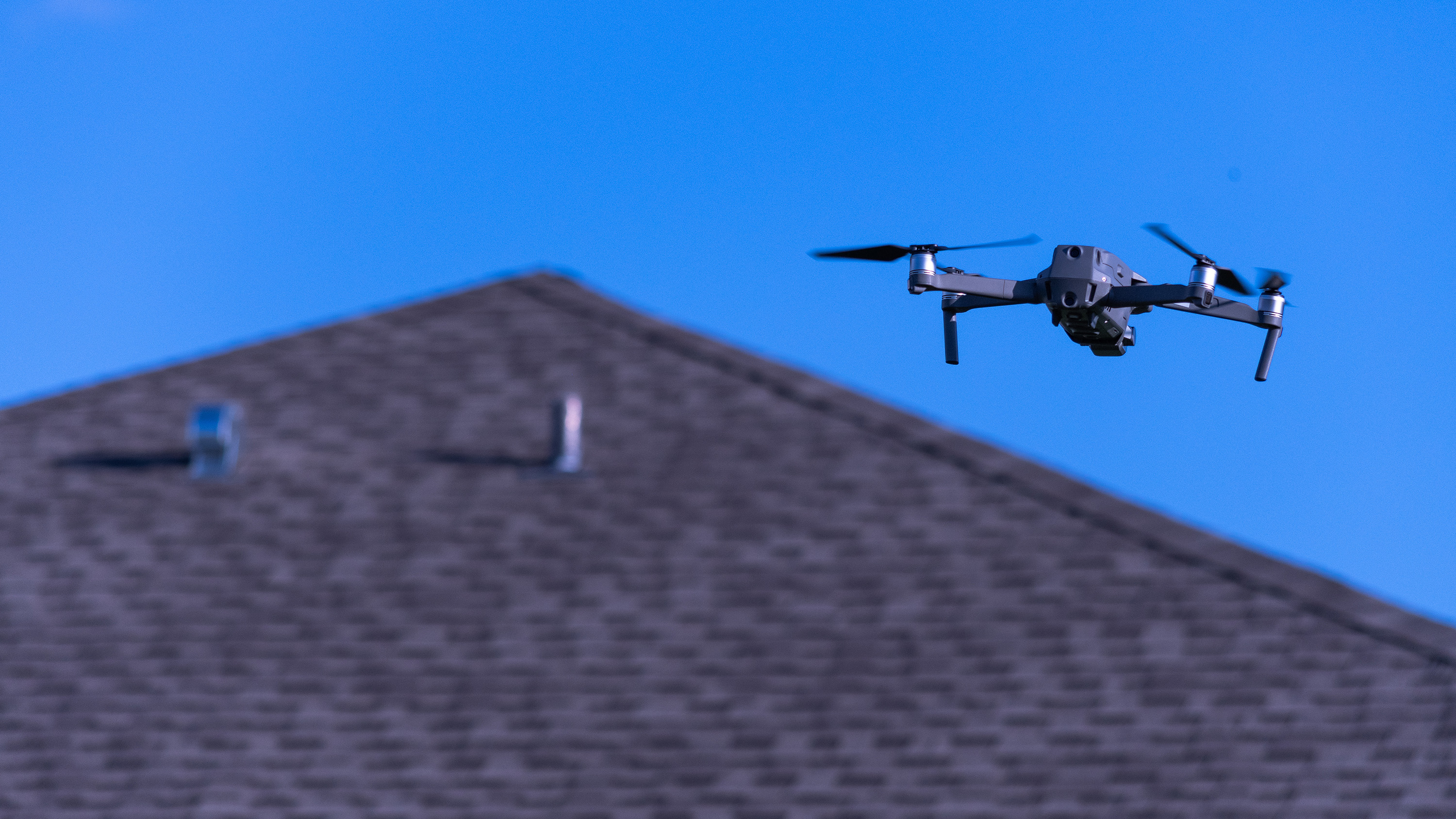5 things I would tell my younger photographer self
I've learned a lot about photography since I first picked up a camera, but there are 5 things I wish I'd known from the start
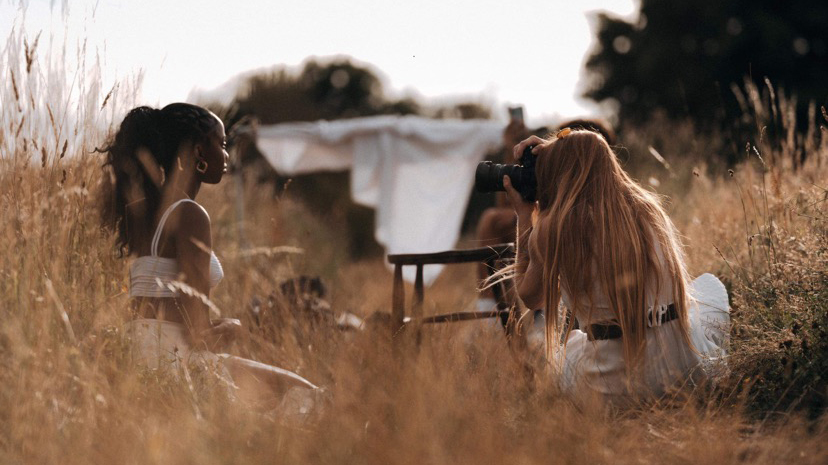
I wasn't one of the people who decided they wanted to get into photography as soon as they picked up a camera. I bought a Nikon D3200 when I was 18 because I'd always loved using those crappy cameras from the past . It wasn't until I went to university a year later and started shooting nights out that I thought, "Maybe I could do this as a career."
Whether your interest sparked at an early age or whether it's something you've grown to love later on in life, photography is an incredibly rewarding hobby and / or profession. When I first started out, I had no idea where photography might take me – I just enjoyed taking photos and wanted to capture moments of my life to remember. Had you told me back then that I'd end up shooting music acts like Jorja Smith and London Grammar, I probably wouldn't have believed you.
Photography has opened so many doors for me, but not without its struggles, frustrations and those moments where you can't help but swear really loudly. There's a lot to learn, not just about how to operate a camera and correctly expose a photo, but about editing, retouching and finding your own style.
The beautiful thing about photography is you'll never stop learning or developing. We all have to start somewhere, and you won't perfect your craft overnight, but here are a few things that I wish I had known from the start…
1) Invest in a 50mm f/1.8 lens straight away to achieve blurred backgrounds and bokeh
When I first got my Nikon D3200, I only had the 18-55mm kit lens. Unless I was shooting really close to an object, I couldn't get the blurred background I was after – nor could I understand why I didn't achieve the bokeh effect.
After a bit of research I found out why those f-numbers were so important, and the next day I went out and bought the Nikon AF-S 50mm f/1.8G. I didn't realize that I was actually shooting at 65mm, as the crop factor penny dropped later on, but I was finally achieving that dreamy soft background I'd been wanting since day one.
2) Just because you have an f/1.8 lens, doesn’t mean you always need to shoot wide open
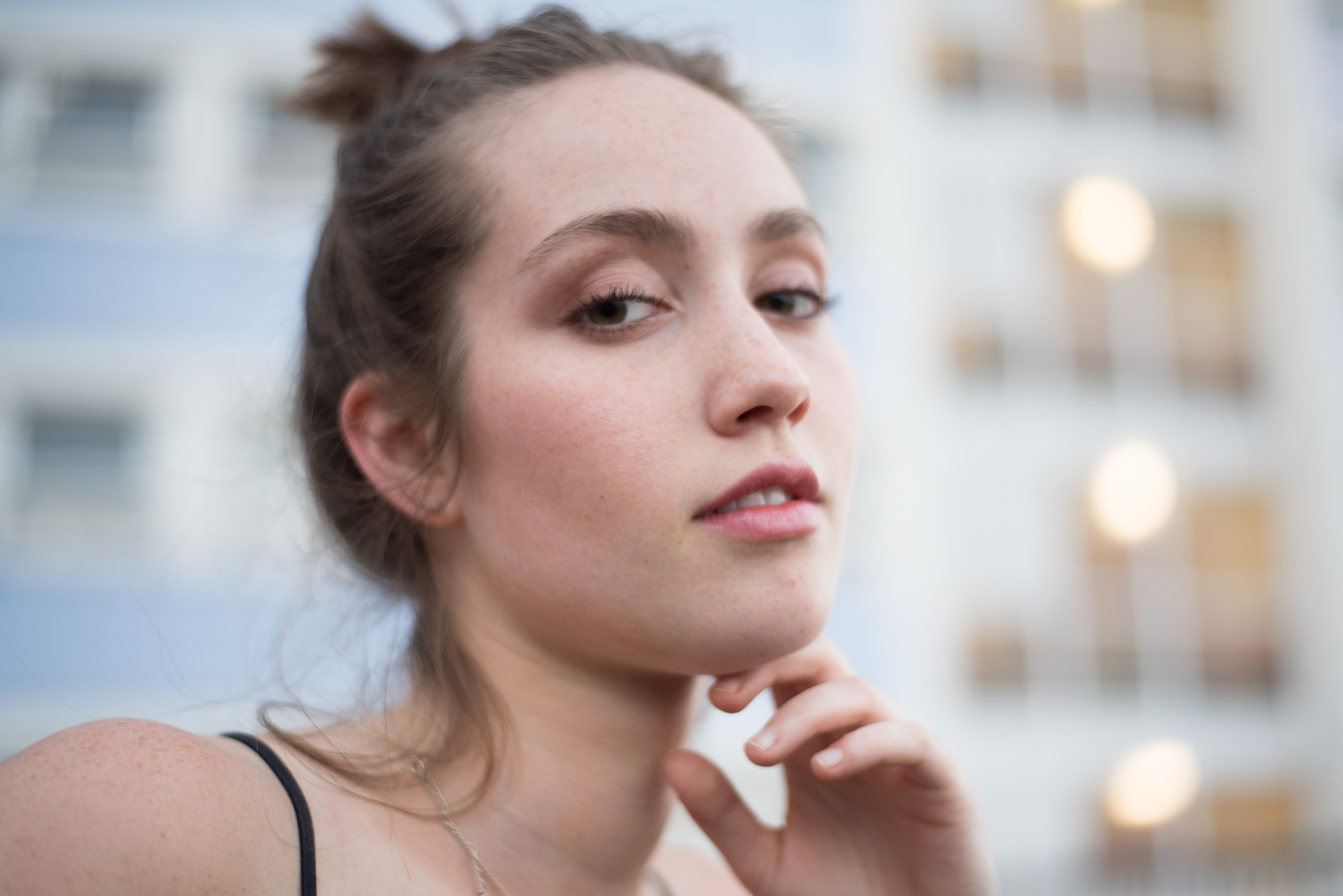
I'm pretty sure that we're all guilty of this one. I used to think the only way to take professional-looking photos was to shoot at f/1.8, regardless of what I was shooting. Flowers, dogs, and people would all be shot at f/1.8, and with such a shallow depth of field there was no way of getting an entire face in focus. These days, I tend to shoot portraits at around f/3.5-4.0 as I know that the lips, eyes and nose will all be pin sharp, but the background will still have a nice blur to it.
Get the Digital Camera World Newsletter
The best camera deals, reviews, product advice, and unmissable photography news, direct to your inbox!
3) Your vision is more important than your equipment
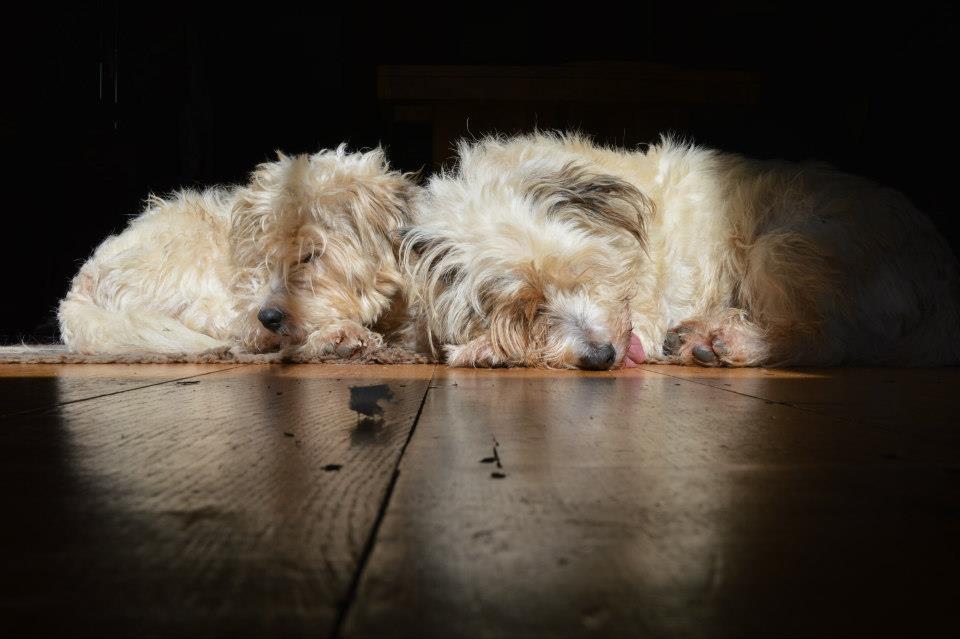
When you first start out, it’s easy to get down about not having the latest equipment. But cameras and lenses are expensive and, if you're just starting out, buying the most up-to-date camera is a big investment when you don’t know if you’re going to love it. Instead, just enjoy using the equipment you have or can afford. Think about composition and leading lines, set yourself challenges such as taking photos of interesting doors or sitting in the same spot for an hour and just enjoy the process of shooting.
4) Mistakes will make you a better photographer
I made so many mistakes when I first started out and they didn’t magically stop when I started getting paid for jobs. Realizing that I'd captured an entire shoot in JPEG only (learn the difference between RAW vs JPEG), turning up to a shoot with the wrong battery charger, smashing a light when it was blown over in the wind… As annoying as these events were, they taught me vital lessons; always shoot in RAW, triple-check your kit before leaving, and always use sandbags when shooting on location.
5) Never undervalue yourself
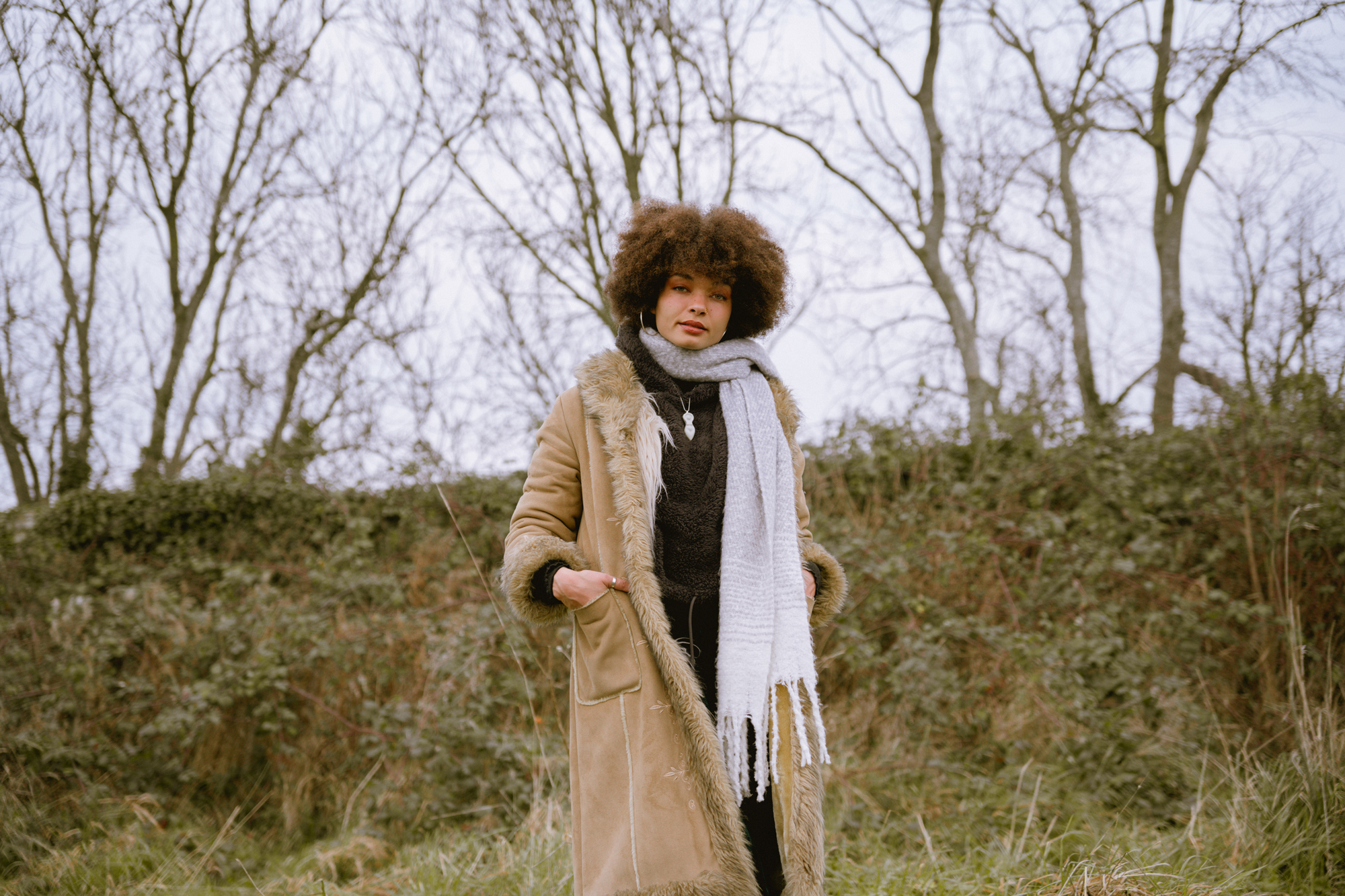
Your first paid job will be exciting, nerve-wracking and eye-opening. Knowing what to charge is never easy; five years on I still struggle, and often imposter syndrome will rear its ugly head to tell me, "You're not worth that much," but you are! Value your time and the money you've spent on photography kit. You've likely been contacted because someone likes your work, and if they like it enough they will be prepared to pay your going rate.
That's not to say you can't ever work for less, or even for free, but be choosy about who you do this for and make sure it's something you really want to do. At the end of the day, exposure won't pay your bills; it's better to be turned down for a job than accept less than you deserve.
Check out the best cheap cameras or the best cameras under $1000 and start your photography journey
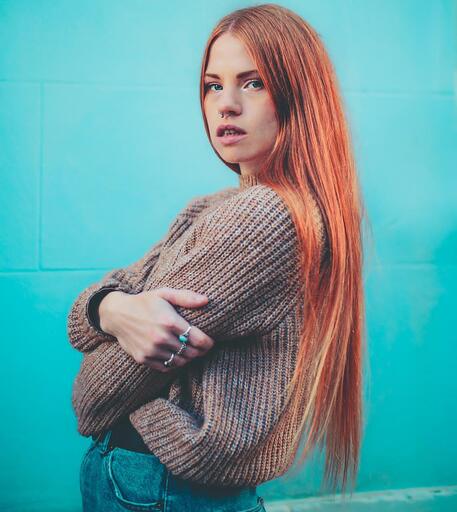
Having studied Journalism and Public Relations at the University of the West of England Hannah developed a love for photography through a module on photojournalism. She specializes in Portrait, Fashion and lifestyle photography but has more recently branched out in the world of stylized product photography. Hannah spent three years working at Wex Photo Video as a Senior Sales Assistant, using her experience and knowledge of cameras to help people buy the equipment that is right for them. With eight years experience working with studio lighting, Hannah has run many successful workshops teaching people how to use different lighting setups.
